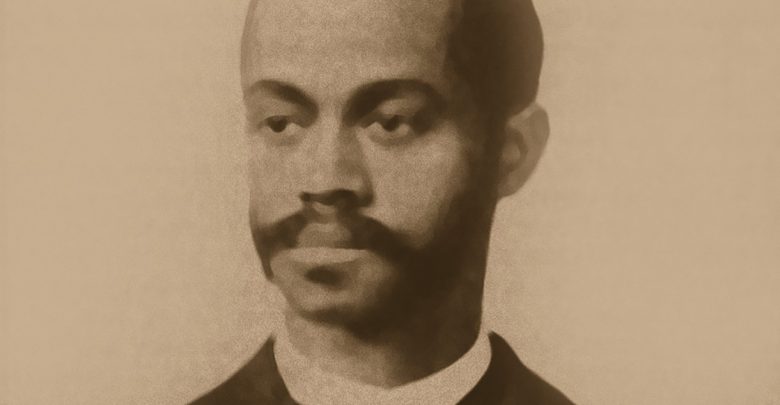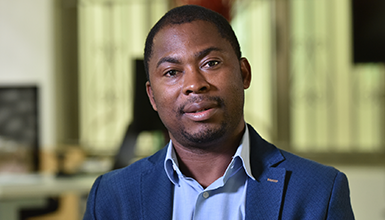BiologyBlack ScientistsEarth & EnvironmentUSA
Charles Henry Turner (1867-1923): Pioneering African American Zoologist and Animal Behaviorist

Charles Henry Turner was born on February 3, 1867, in Cincinnati, Ohio. He was the son of Thomas Turner, a church custodian, and Addie Campbell, a nurse. Turner’s parents instilled in him a strong work ethic and a passion for education, which would shape his future career. Despite the challenges of growing up in a racially segregated society, Turner excelled in his studies.
Turner attended Gaines High School in Cincinnati, where he graduated as valedictorian. He then enrolled at the University of Cincinnati, earning a Bachelor of Science degree in 1891. He continued his studies at the same institution, receiving a Master of Science degree in 1892. Turner’s academic achievements were remarkable, particularly considering the racial barriers of the time. He was one of the few African Americans to pursue higher education in the sciences during that era.
After completing his education, Turner faced limited opportunities for academic positions due to racial discrimination. Despite these challenges, he became a teacher, first at Clark College in Atlanta and later at Sumner High School in St. Louis, Missouri. Teaching allowed him to continue his research, which he conducted with remarkable dedication and ingenuity.
Turner is best known for his pioneering work in animal behavior, particularly in entomology (the study of insects). He conducted groundbreaking experiments on insect behavior, focusing on how they perceive and interact with their environment. Turner was the first scientist to prove that insects can hear and that they are capable of learning through experience, debunking the then-popular belief that insects operated solely on instinct.
One of Turner’s most notable achievements was his work with bees. He demonstrated that bees have color vision and are capable of complex problem-solving, such as finding their way through mazes. His experiments with ants also showed that they could navigate mazes, displaying a level of intelligence that had not been previously attributed to them.
In addition to his work with insects, Turner conducted research on bird behavior, focusing on their navigational abilities. He published more than 70 scientific papers during his career, contributing significantly to the fields of entomology, animal behavior, and psychology. His work laid the groundwork for future studies in comparative psychology, a field that examines the behavior of different species, including humans.
Despite his scientific accomplishments, Turner faced significant racial discrimination throughout his career. He was never offered a faculty position at a research university, a reflection of the racial barriers of his time. Nevertheless, Turner’s perseverance and passion for science drove him to continue his research, often working in makeshift laboratories and under challenging conditions.
Turner’s contributions were not fully recognized during his lifetime, but his work has since been acknowledged as groundbreaking. He was a meticulous observer and an innovative experimenter, known for his ability to devise creative experiments with limited resources. Turner’s research challenged the prevailing assumptions about animal behavior and cognition, and his work continues to influence the field of animal psychology.
Charles Henry Turner retired from teaching in 1922 due to health issues. He spent his final years in Chicago, where he continued to write and contribute to scientific literature. Turner passed away on February 14, 1923, at the age of 56.
Charles Henry Turner is remembered as a pioneering African American scientist who made significant contributions to the study of animal behavior. His work on insect learning, color vision in bees, and navigational abilities in birds and ants laid the foundation for modern research in animal cognition. Turner’s life and career are a testament to his intellectual rigor, creativity, and determination to pursue science despite the racial obstacles he faced. Today, he is honored as a trailblazer who expanded our understanding of the natural world and challenged the scientific community to rethink its assumptions about animal intelligence.





